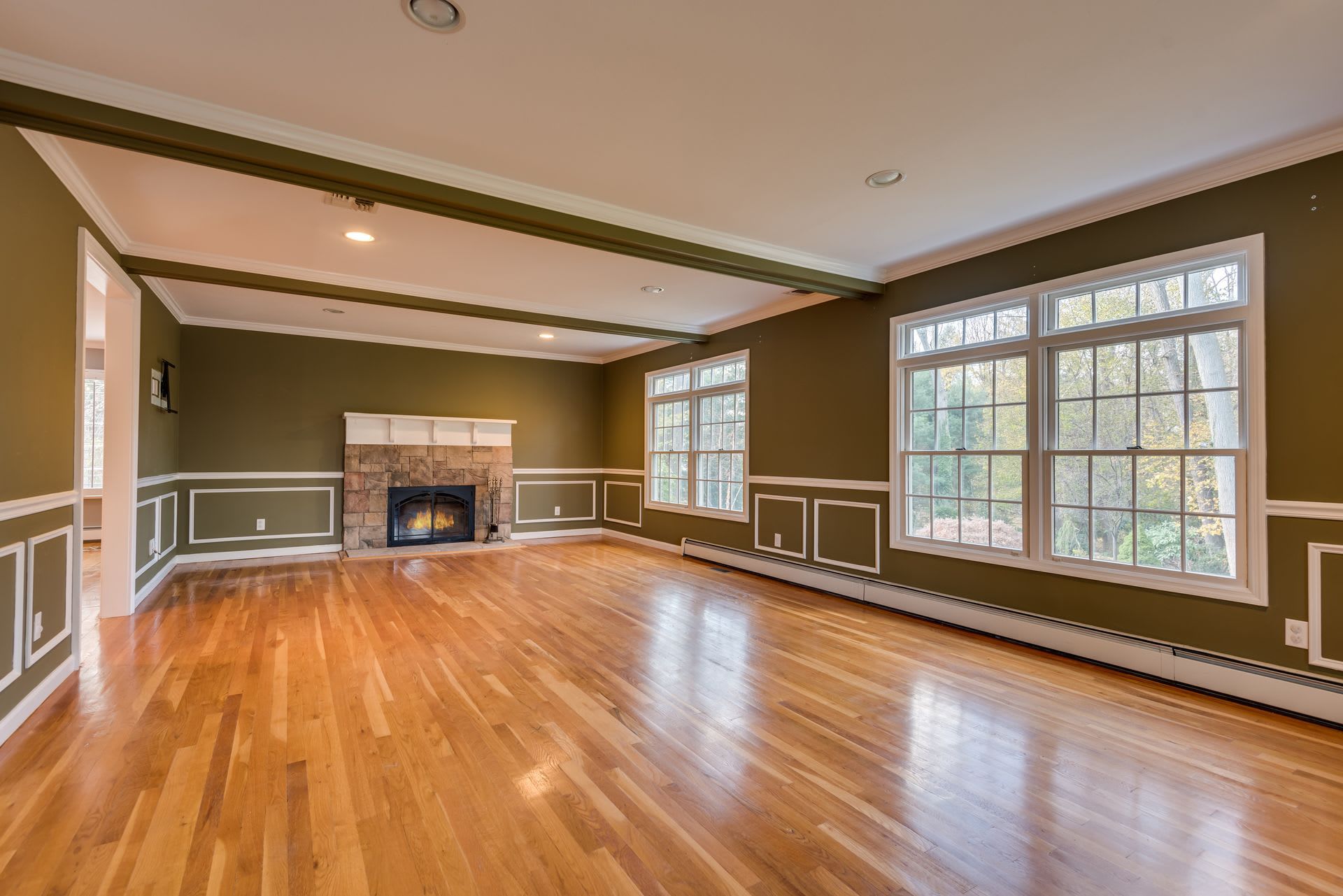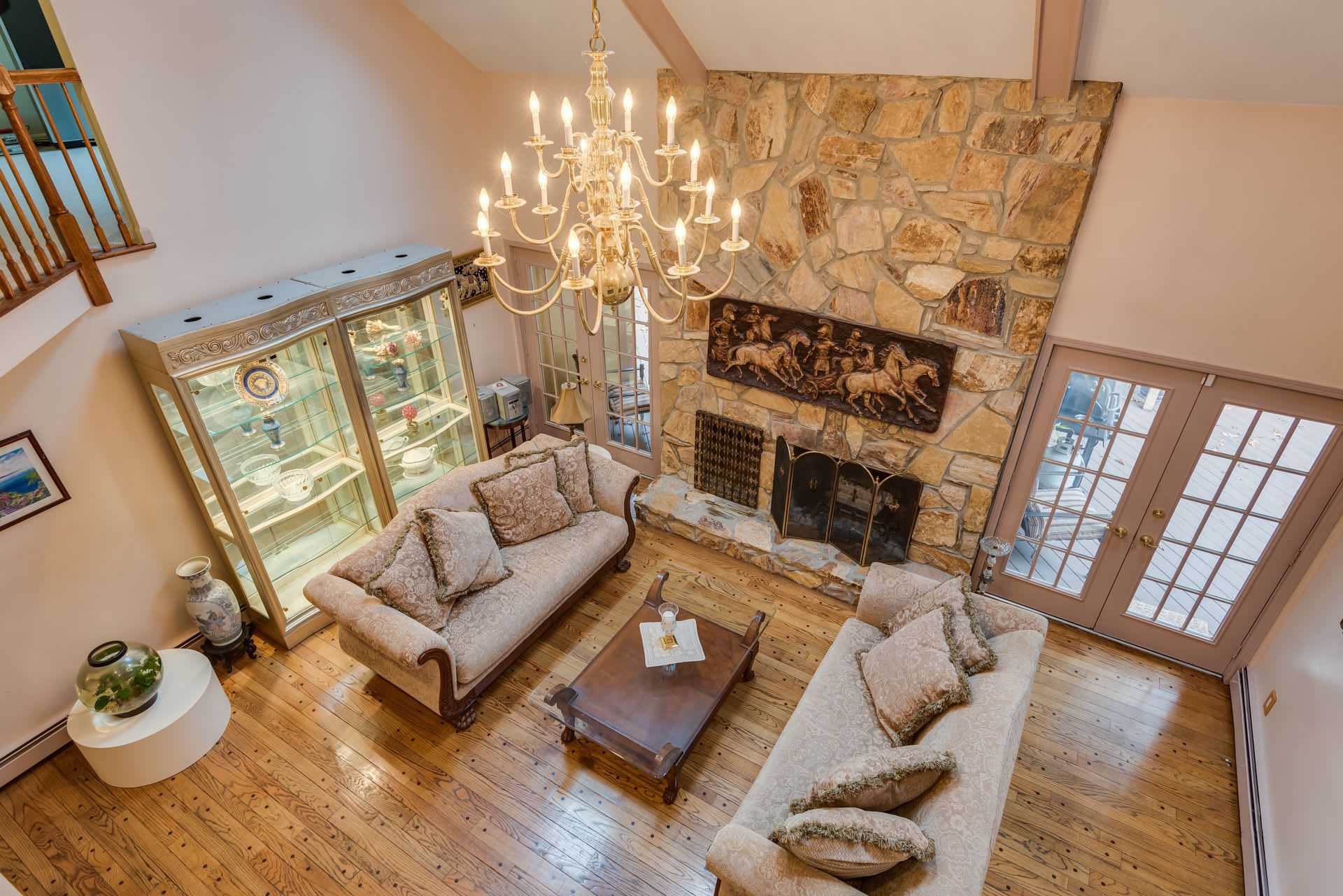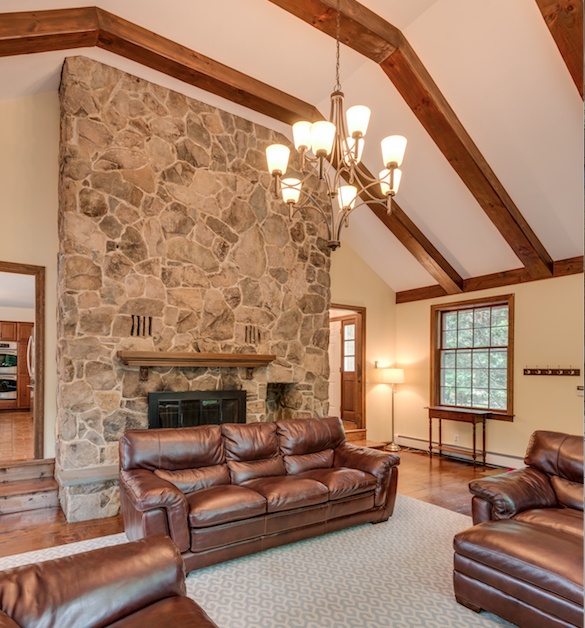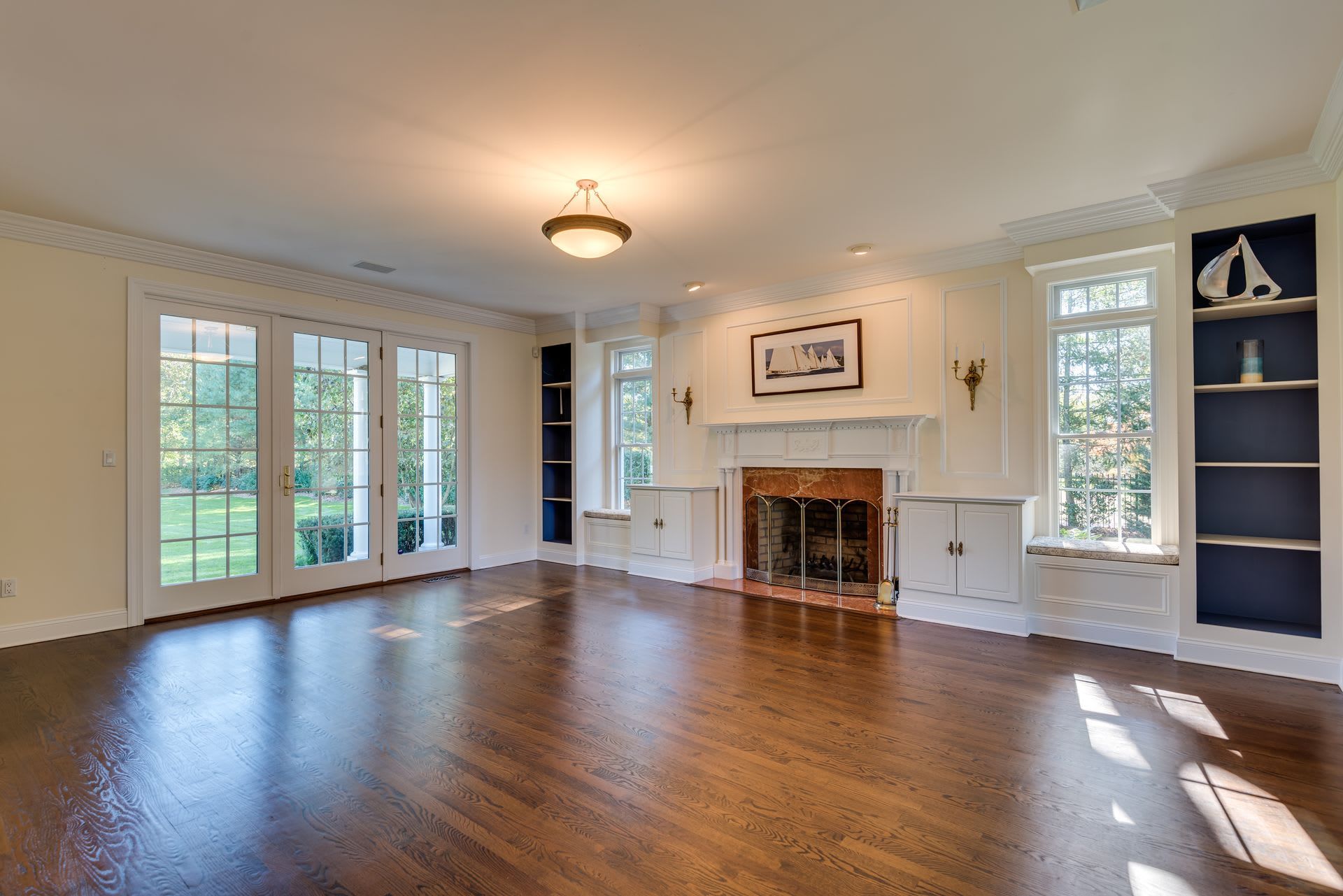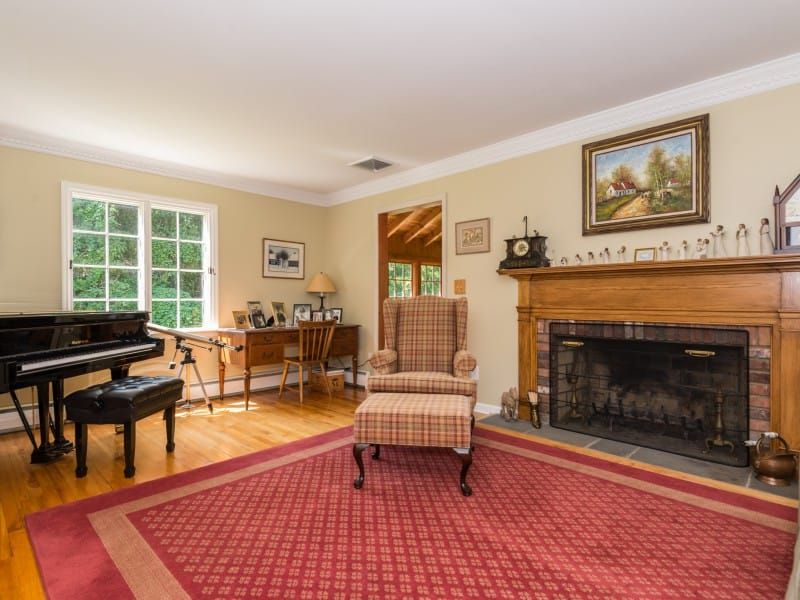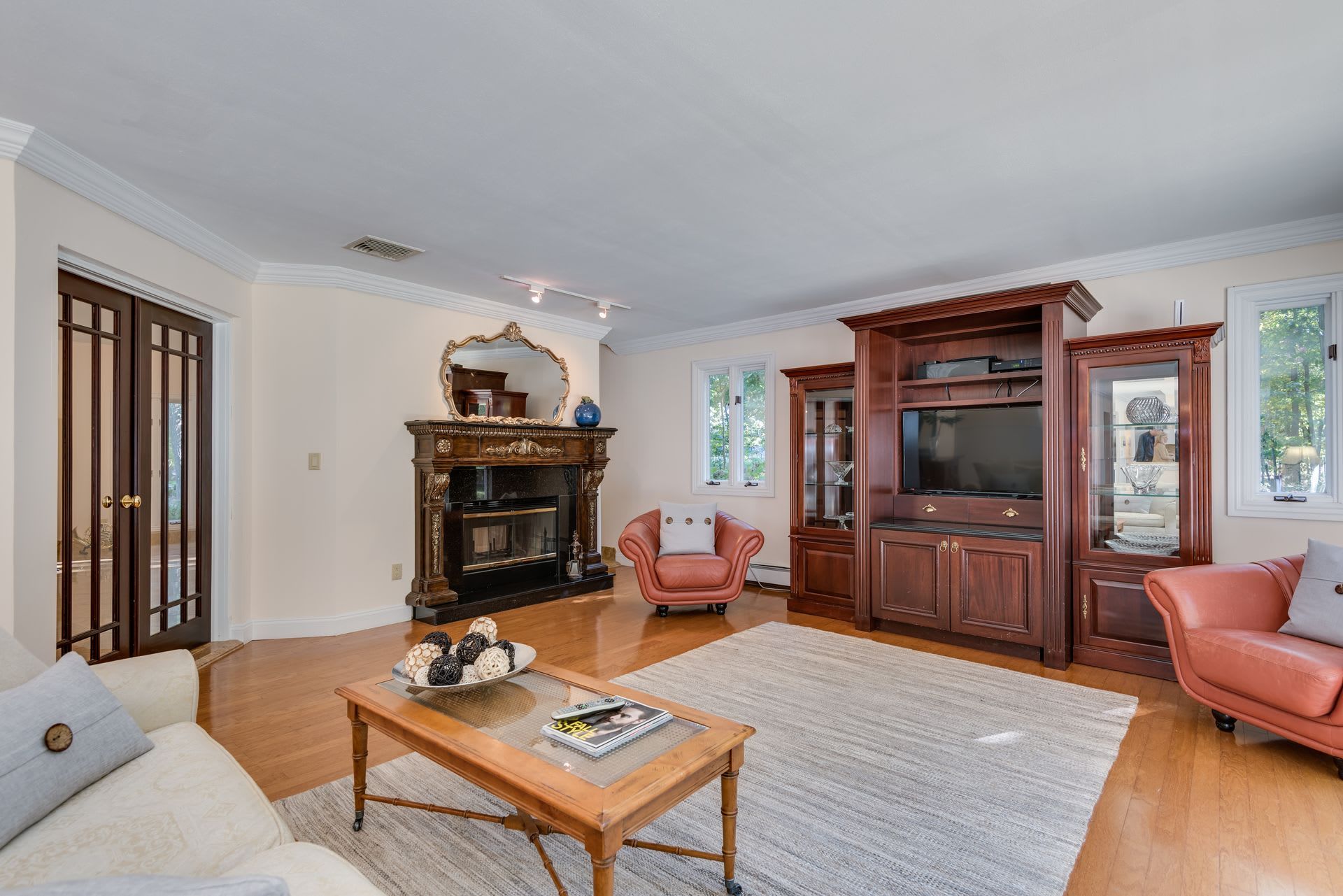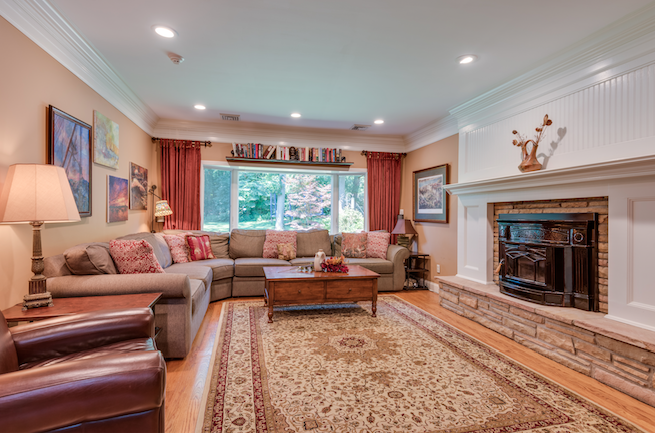Heat Up Your Home Value
According to U.S. News a fireplace is one of many ways to increase your home value.
If you have one, don’t get rid of it. According to a survey on Angie's List, 54 percent of real estate agents said a gas-burning fireplace increases the home's value most. Although a survey of 2,000 homeowners and homebuyers showed 58 percent prefer to have a wood-burning fireplace at home. But what seems clear is having a fireplace is positive for your home value, see below for some advantages of each and choose which you prefer.
Difficulty of Use / Advantage: Gas
A gas fireplace is as easy as flipping a switch. Wood-fueled fireplaces require a lot more effort to get going. First you have to get the wood, then you have to arrange it a certain way, get kindling, start the fire and then maintain it. A wood-fueled fire needs to be created and sustained. That’s great if you want the satisfaction of building something. But if you’re cold or just want a fireplace to look at, choose gas.
Fuel Cost / Advantage: Wood
Sure, you can buy firewood from a hardware or home improvement store. Or, you can just walk into the middle of the woods, chop down a tree and use that for fuel. It’s a lot more difficult to produce your own natural gas. Natural gas isn’t costly, but it’s more expensive than free or the cost of a few logs.
Fireplace Maintenance / Advantage: Gas
The aftermath of a wood-fueled fire is not fun to clean. The soot, ash and burned-out logs are messy and spread very easily. Gas fireplaces are as easy to maintain as they are to operate, no messy cleanup and no sweeping are necessary.
The Experience / Advantage: Wood
Granted, gas log fireplaces are as easy to use as opening a valve, but something’s missing. It generates heat and looks like a “traditional” fireplace, but it’s just not the same experience. Where’s the snap and crackle of the logs as they heat up? Where’s the intoxicating aroma of a wood fire?





